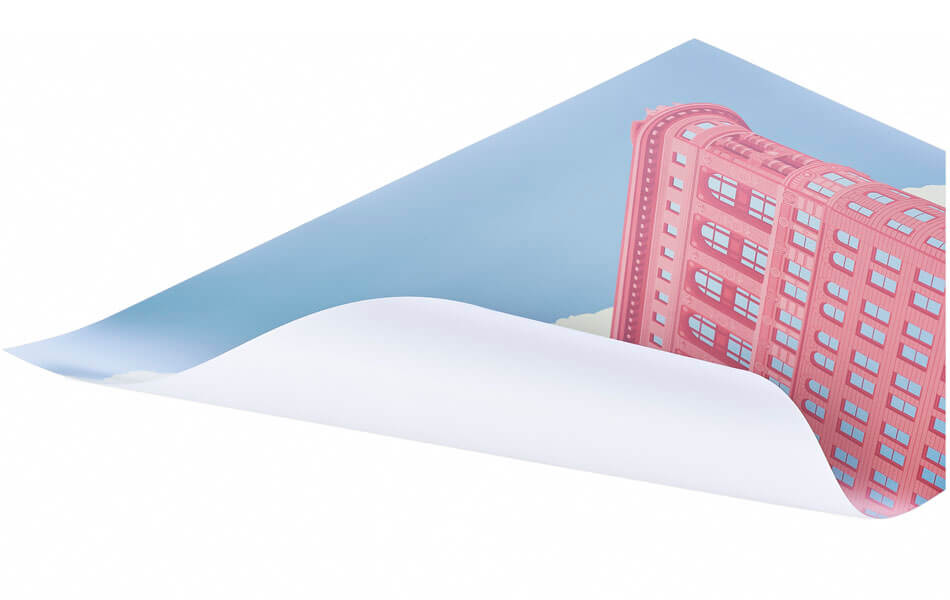Buy Guardian of Truth 1 by Adriana Müller on canvas, ArtFrame, poster and wallpaper, printed on demand in high quality.
About "Guardian of Truth 1"
by Adriana Müller
About the artwork
About dealing with information.
It seems to me that the concept of truth is difficult to define, and the question of whether there can be a universal truth at all should remain open here. The three "Guardians of Truth" devote themselves to a thought experiment: if truth is regarded as an accumulation of maximum information density, it depends on whether all information is actually available and who has access to it. Furthermore, the question arises as to whether it is even possible to handle information neutrally. This cannot be assumed in every case, as there are various reasons why information becomes fragile, is lost or manipulated. In view of human vanity and subjective endeavours, the truth can be a very fragile matter.
What would it mean if a neutral authority could preserve information and protect it from manipulation or even loss? An omniscient authority that would do honour to the title "guardian of the truth". What consequences would this have for our lives and for historiography in general? Could the immense data storage made possible by the development of information technology be considered such a neutral authority, or is this science also influenced by human vanity? It was in this context that the three anonymous figures found their way onto the paper. The three faceless guardians shrouded in a veil symbolise an emotional and intellectual process of research, the expansion of knowledge and the preservation of information. They resemble people and yet are not really human.

About Adriana Müller
Photography, drawings and abstract designs // My work is inspired by long hikes in the Elbe Sandstone Mountains and through the beautiful forests in Saxony. I would like to share my impressions with you and bring the magic of nature into your home. Trees and their strong roots, .. Read more…
 Netherlands
Netherlands Ordered in June 2021
Ordered in June 2021
 Netherlands
Netherlands Ordered in June 2018
Ordered in June 2018

 Germany
Germany Ordered in March 2020
Ordered in March 2020
 Netherlands
Netherlands Ordered in July 2021
Ordered in July 2021
 Germany
Germany Ordered in August 2025
Ordered in August 2025
 Germany
Germany Ordered in October 2019
Ordered in October 2019
 Netherlands
Netherlands Ordered in June 2021
Ordered in June 2021
 Netherlands
Netherlands Ordered in December 2021
Ordered in December 2021
 Germany
Germany Ordered in February 2025
Ordered in February 2025
 Netherlands
Netherlands Ordered in March 2022
Ordered in March 2022
 Germany
Germany Ordered in December 2021
Ordered in December 2021
 Germany
Germany Ordered in November 2019
Ordered in November 2019
About the material
ArtFrame™
Interchangeable Art Prints
- High-quality print
- Easily interchangeable
- Acoustic function
- Large sizes available
Discover the artworks of Adriana Müller
 Root and way upAdriana Müller
Root and way upAdriana Müller Relaxing ambience on the river bankAdriana Müller
Relaxing ambience on the river bankAdriana Müller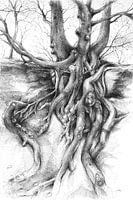 Root on the sandstoneAdriana Müller
Root on the sandstoneAdriana Müller Winter light in the forest 2Adriana Müller
Winter light in the forest 2Adriana Müller Red leavesAdriana Müller
Red leavesAdriana Müller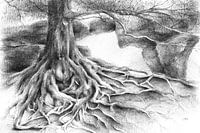 Root and rock gate made of sandstoneAdriana Müller
Root and rock gate made of sandstoneAdriana Müller Root on the rock plateauAdriana Müller
Root on the rock plateauAdriana Müller Summer dream on the riverbankAdriana Müller
Summer dream on the riverbankAdriana Müller Green leaves and reflection in calm waterAdriana Müller
Green leaves and reflection in calm waterAdriana Müller Waiting for the sunsetAdriana Müller
Waiting for the sunsetAdriana Müller Green meadow and golden light 1Adriana Müller
Green meadow and golden light 1Adriana Müller Green meadow and golden light 2Adriana Müller
Green meadow and golden light 2Adriana Müller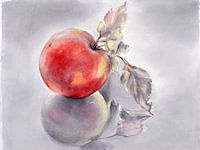 Red apple and its reflectionAdriana Müller
Red apple and its reflectionAdriana Müller Winter sunset at Moritzburg Castle 2Adriana Müller
Winter sunset at Moritzburg Castle 2Adriana Müller The wild boar, guardian of the forestAdriana Müller
The wild boar, guardian of the forestAdriana Müller Green fern leaf and summer dream in the forestAdriana Müller
Green fern leaf and summer dream in the forestAdriana Müller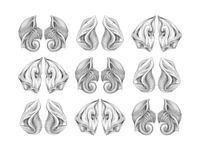 Discovery of imaginary life formsAdriana Müller
Discovery of imaginary life formsAdriana Müller View of the Elbe from the BasteiAdriana Müller
View of the Elbe from the BasteiAdriana Müller Green fern leaves in the dark forestAdriana Müller
Green fern leaves in the dark forestAdriana Müller A path leads through green fieldsAdriana Müller
A path leads through green fieldsAdriana Müller













 Drawings
Drawings Elegant Expressions
Elegant Expressions Mysterious Spheres
Mysterious Spheres Powerful Expression
Powerful Expression





